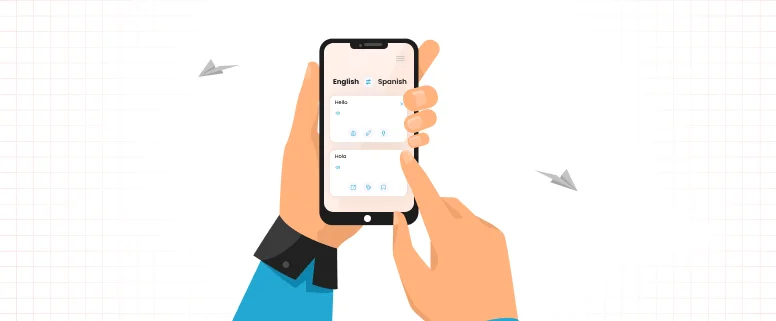If you have been working in a company since graduation and never communicate with others engaged in your industry outside of your company, you may feel as if you were a veteran that no one can surpass or replace. However, that’s not what will happen.
Crisis awareness is necessary for every player in the market place. To remain competitive, you need to move on and on and never stop trying new things or making good use of criticism. Only when you’re open-minded enough and keep pace with the development of times, can you make progress all the time and break the bottlenecks in your career path.
Try Something New
Perhaps you’re reluctant to play a different sport, change your usual holiday destination or acquire a new language or skill. Maybe you’re even reluctant to try a fresh route to work in case you get lost and look foolish. The fear of looking silly can stop many people dead in their tracks.
If you can cope with looking a trifle daft now and again, you’ll find it a lot easier to discover novel interests, immerse yourself in new experiences and acquire new skills. Even doing small things like eating different cuisines or going on a one-day meditation course (or a course on anything that interests you!) can broaden your horizons.
Doing something foolish doesn’t mean you’re a fool. It’s pretty much impossible for you to learn a new language or how to play the piano without making lots of grammatical gaffes or hitting the wrong notes.
By giving yourself the opportunity to try new things, you may have a lot of fun in the process, even if you don’t become a polyglot or a pianist in the Royal Philharmonic. Lots of things in life are worth doing simply for the sake of it!
Make Good Use of Criticism
Constructive criticism is a vital element of learning. Of course, not all the criticism you receive may be delivered in a skilled or constructive way. Nevertheless, if you can step back from negative feedback long enough to access its validity, you can use it to your advantage.
Often, other people can see more clearly than you where you’re going ‘wrong’- others can have the benefit of an objective viewpoint.
If you believe that you must get everything right or perfect, and that any indication that you’re failing at a task is evidence that you’re inadequate, then you can get very disturbed by criticism.
Rather than using feedback to evaluate your approach to a specific task, you’re likely to use it as a battering tool on your sense of worth. You may become defensive at the first sniff of less-than-positive comments on your performance.
Rather than reacting to critical comments over-sensitively, you can develop more tolerance to such comments so that you find them useful. Try the following techniques:
- Get rid of your defensive stance. Listen openly to what people are saying about you.
- Understand that you don’t need to be right every time. You have the option to behave less than perfectly now and again. Accepting that you can be wrong sometimes means that you can find criticism easier to take.
- Take time to weigh up the validity of the comments made and then to use any legitimate information offered to aid your development.








